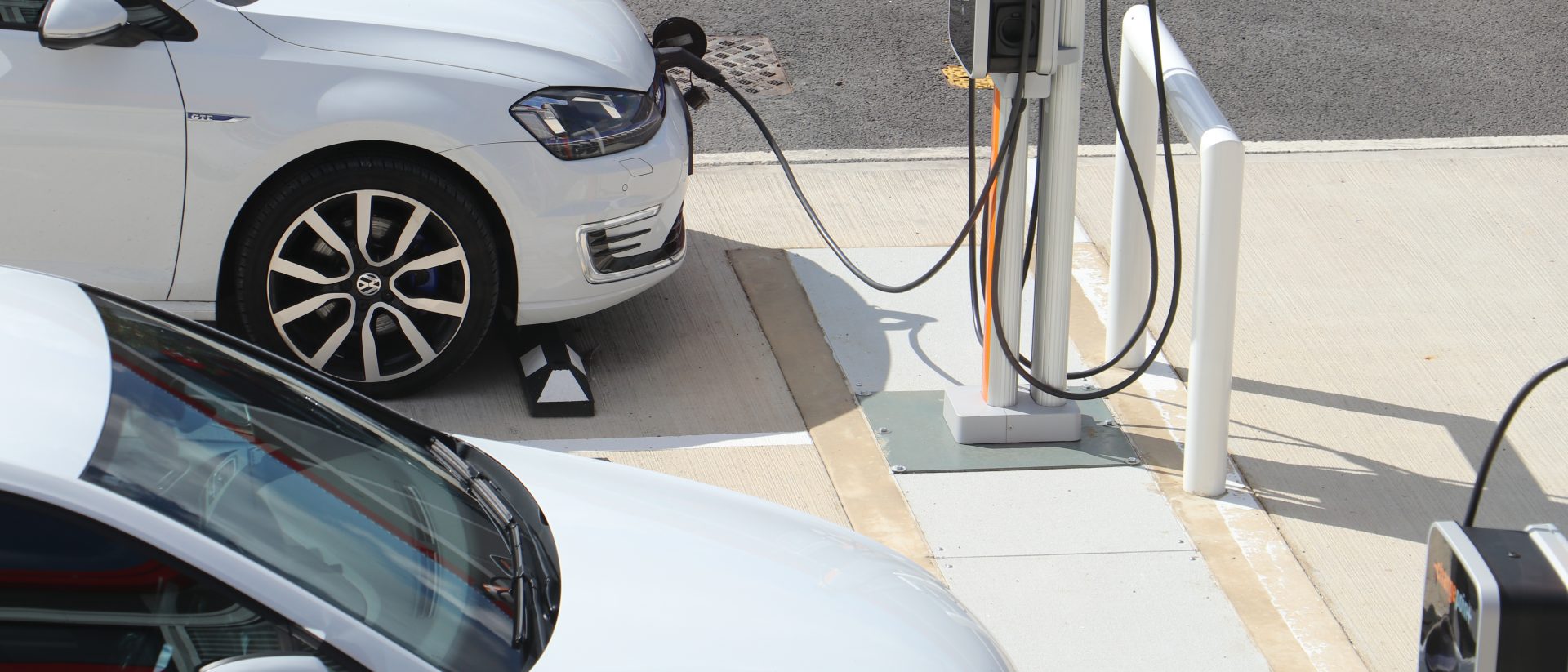- REA responds to the publication of a seven point plan by The Society of Motor Manufacturers and Traders (SMMT) to encourage the growth of EV charging infrastructure;
- REA share the SMMT’s goal to build an EV charging infrastructure network that puts consumer interests first;
- Government and industry stakeholders should first focus on overcoming the practical and administrative barriers that are obstructing the growth of the UK’s EV chargepoint network;
- REA and its members will continue to work with the Government to build a charging network that meets the needs of all consumers.
The Association for Renewable Energy and Clean Technology (REA) has responded to the publication of a seven point plan by The Society of Motor Manufacturers and Traders (SMMT) to boost the rollout of EV infrastructure, which includes calls for binding targets for chargepoint rollout and for the establishment of a new regulator.
The REA, which represents the EV charging sector, shares many of the central aims that the SMMT sets out in their position paper, in particular that the UK’s EV charging infrastructure network should be built around the needs of all consumers, regardless of their location or demographic.
Developing targets for EV chargepoint network growth may have positive impacts – providing certainty and confidence to consumers, industry stakeholders and investors. But further discussion is needed on how such targets would be set, who would be responsible for delivering against them, and what support is provided to overcome barriers to installing new EV chargepoints. Should EV chargepoint network operators be legally responsible for meeting such targets, they must also have direct access to Government funding; complementing the funding that is expected to be made available to local authorities and motorway services.
To speed up the growth of the UK’s public EV chargepoint network, Government must move to address the bureaucracy that often delays chargepoint installations. This includes streamlining processes on aspects such as planning permission, grid connections and EV-only parking bays. However, unless great care is taken, appointing a regulator could serve to add, not remove, bureaucracy. A regulator should also not have price control powers for EV charging, as this will significantly impact commercial viability and investor confidence in EV charging. This would slow down, not speed up the growth of the UK’s EV chargepoint network.
Jacob Roberts, Transport Policy Manager at the Association for Renewable Energy and Clean Technology (REA), said:
“The REA shares many of the central aims that the SMMT have set out in their position paper – we agree it is essential that the UK’s EV charging infrastructure network meets the needs of all consumers, regardless of their location or demographic. We are open to discussing what role targets, or even a regulator, could play in delivering this.
“Let us not forget, however, that providing EV charging infrastructure is still a small but rapidly growing industry – 35% growth in chargepoint numbers in the last year alone. This growth has been possible because the UK has long been an attractive open market to manufacture, sell and operate EV chargepoints. We must take great care to ensure that the growth and investment in the UK EV chargepoint network is not stifled or distorted by adding more red tape or ill-conceived targets.
“Instead, we call on all stakeholders across the public and private sector – including the SMMT – to come together to discuss how we can overcome the practical and administrative barriers that are truly hindering the growth of the UK’s EV chargepoint network. Unless we do this, neither legally binding targets nor an industry regulator will have any impact on the growth of the UK’s EV chargepoint network.
“The REA and its members will continue to work with the Government to develop and implement the policies and support structures needed to achieve many of the points within the SMMT’s plan.”
—ENDS—
For more information or to request an interview, please contact:
Jack Abbott, PR and Communications Manager,
07862 038370/ jabbott@r-e-a.net
Notes to editors
About the Association for Renewable Energy and Clean Technology (REA): The Association for Renewable Energy and Clean Technology (known as the REA) is the UK’s largest trade association for renewable energy and clean technologies with around 550 members operating across heat, transport, power and the circular economy. The REA is a not-for-profit organisation representing fourteen sectors, ranging from biogas and renewable fuels to solar and electric vehicle charging. Membership ranges from major multinationals to sole traders. For more information, visit: www.r-e-a.net

